Do I REALLY need to rotate crops?
djsgravely
17 years ago
Related Stories
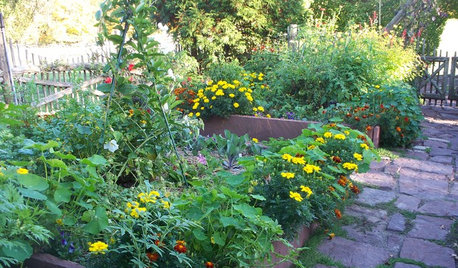
GARDENING GUIDESOrganic Matters: Thwart Insect Pests With Trap Crops
Add a few sacrificial plants to your garden to lure insects away from the harvest
Full Story
GARDENING AND LANDSCAPINGCream-of-the-Crop Vegetable Gardens
Both trendy and traditional, these inspired potager designs turn the everyday vegetable garden into art for your landscape
Full Story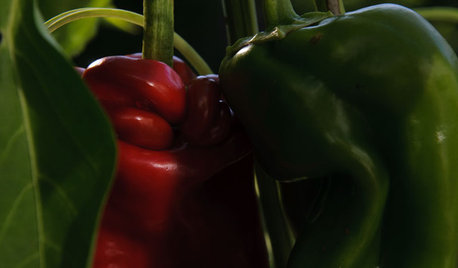
GARDENING GUIDESSummer Crops: How to Grow Peppers
Some like 'em hot; others like them sweet. With the incredible range of peppers available for home gardens, you can have your pick
Full Story
EDIBLE GARDENSHow to Grow Your Own Sweet Summer Crops
This guide will help any gardener get started on growing the freshest warm-season veggies and berries for summer
Full Story
EDIBLE GARDENSSummer Crops: How to Grow Tomatoes
Plant tomato seedlings in spring for one of the best tastes of summer, fresh from your backyard
Full Story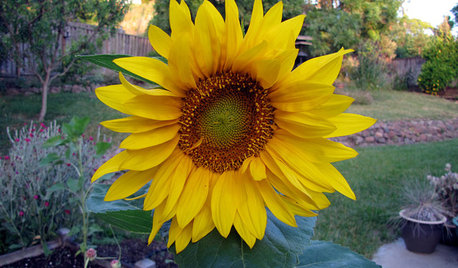
MOST POPULARSummer Crops: How to Grow Sunflowers
Savor snack-tastic sunflower seeds once the radiant blooms have faded — if the birds have saved you any, that is
Full Story
CEILINGSIn the Rotation: Ceiling Fans Go Chic
Who Knew Ceiling Fans Could be Lust-Worthy? Here's How to Stay Cool in Style
Full Story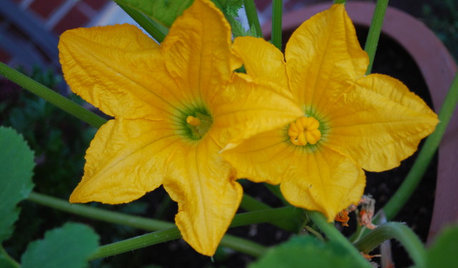
EDIBLE GARDENSSummer Crops: How to Grow Squash
Almost foolproof and with cheerful flowers, squash comes in a wide range of varieties to plant in spring
Full Story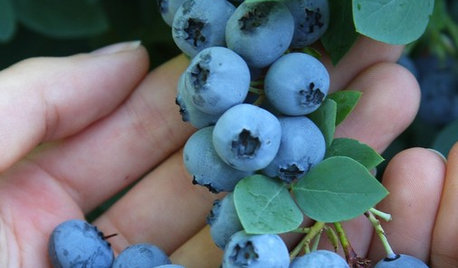
EDIBLE GARDENSSummer Crop: How to Grow Blueberries
Plant blueberries in spring or fall for garden beauty through three seasons — and a sweet superfood in summer
Full Story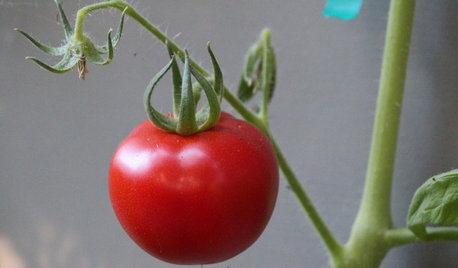
FARM YOUR YARDIf You Have Room for Only One Summer Crop ...
Get an edible that’s long on flavor even if you’re short on space, with a long-time gardener’s favorite picks
Full StoryMore Discussions






harleysilo
djsgravelyOriginal Author
Related Professionals
Salisbury Landscape Architects & Landscape Designers · Edmond Landscape Contractors · Azalea Park Landscape Contractors · Eureka Landscape Contractors · Fort Wayne Landscape Contractors · Oakland Landscape Contractors · Quincy Landscape Contractors · San Carlos Park Landscape Contractors · Big Lake General Contractors · Bloomington General Contractors · Clive General Contractors · Medford General Contractors · Rossmoor General Contractors · Waianae General Contractors · Cape Coral Decks, Patios & Outdoor EnclosuresdjsgravelyOriginal Author
hortist
triple_b
bizzarbazzar
daria
HoosierCheroKee
djsgravelyOriginal Author
bigdaddyj
qaguy
tomstrees
tomatomike
iloveroosters
oldroser
raisemybeds
dirt_poet
dunnn57
Yaske Kavalski